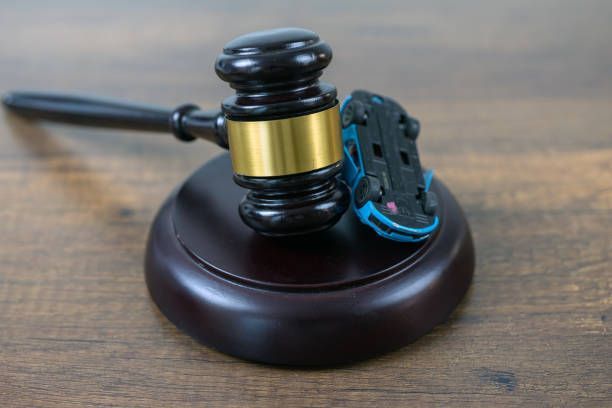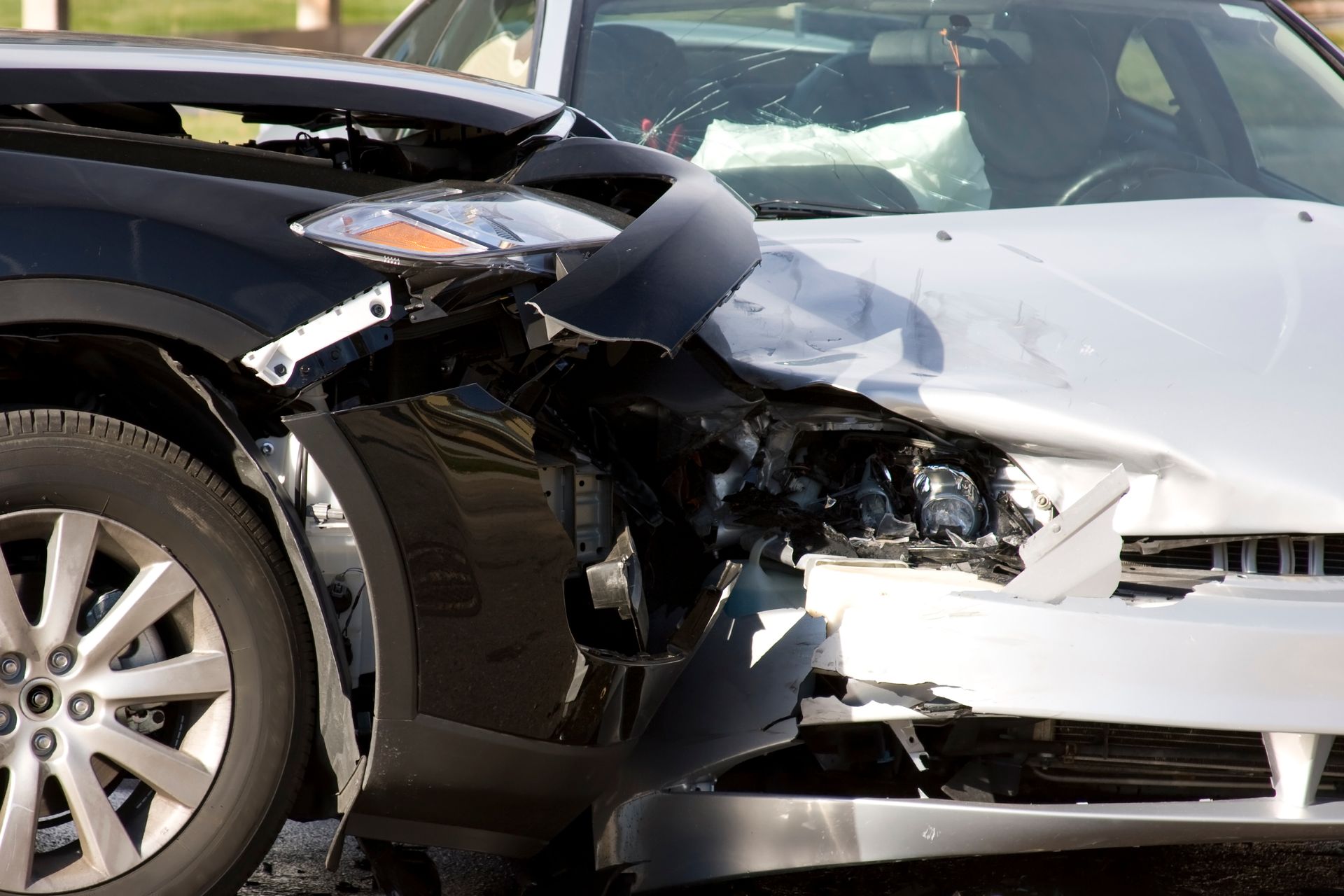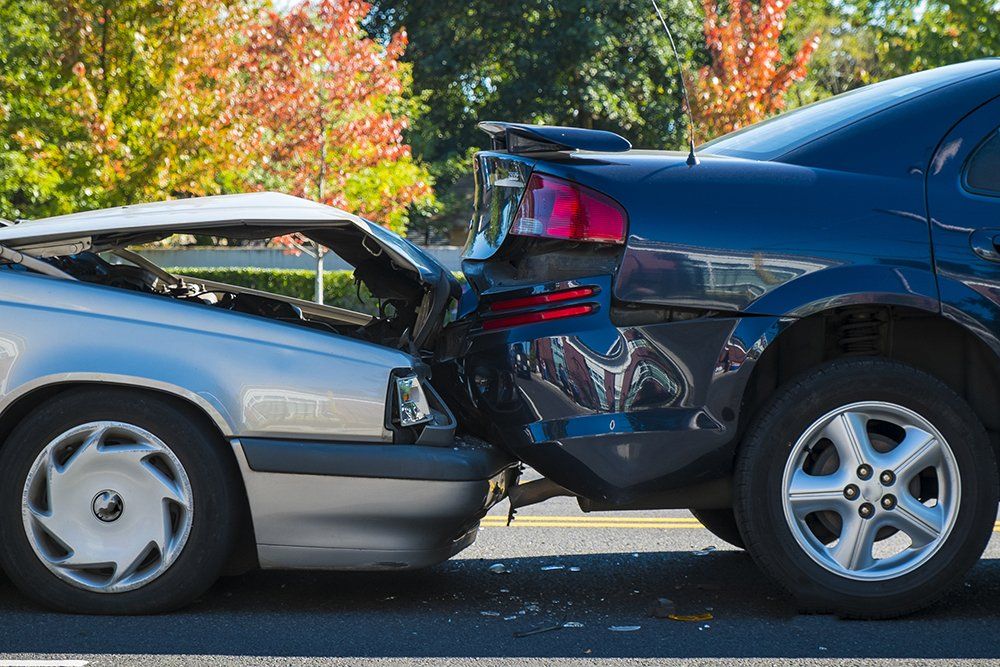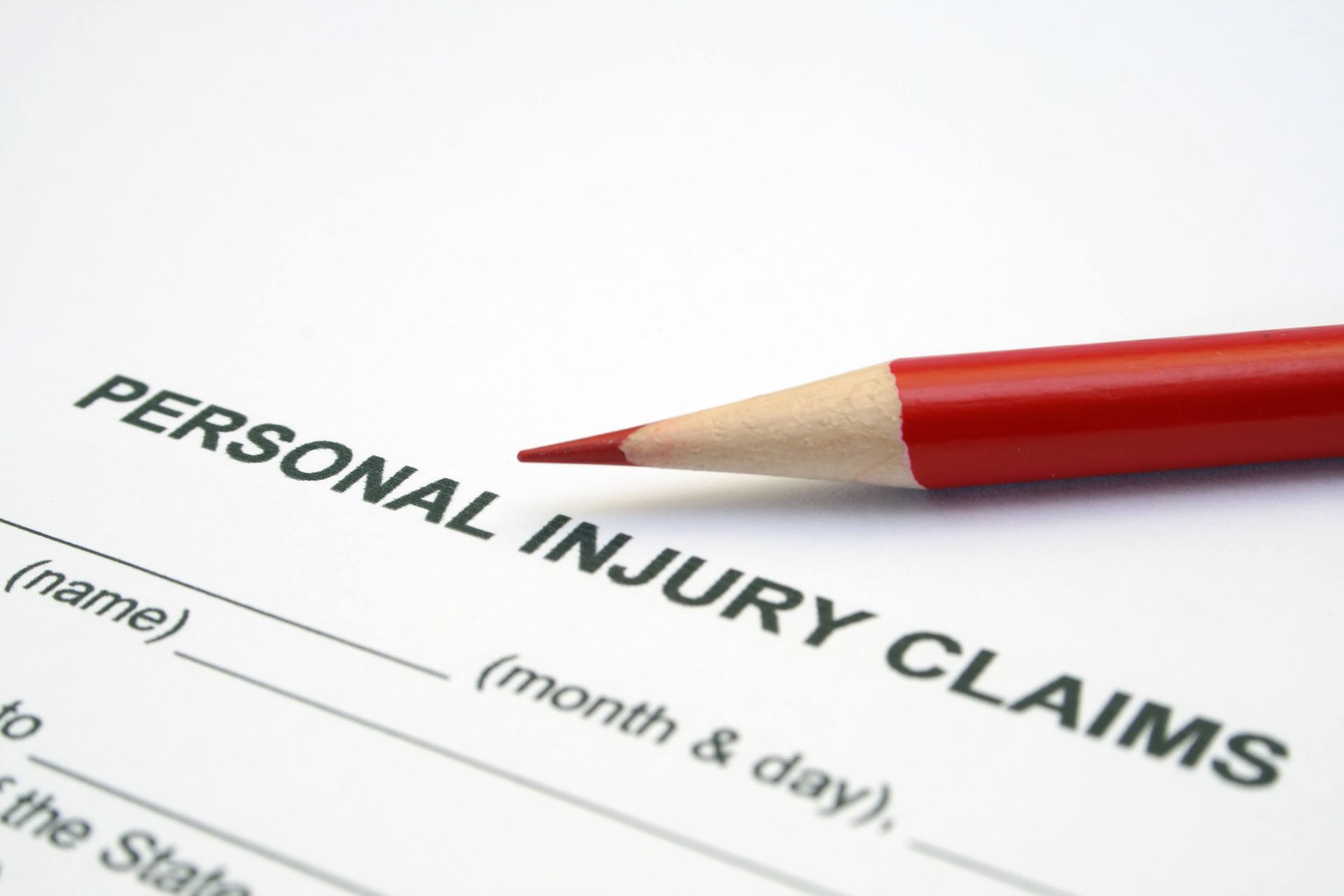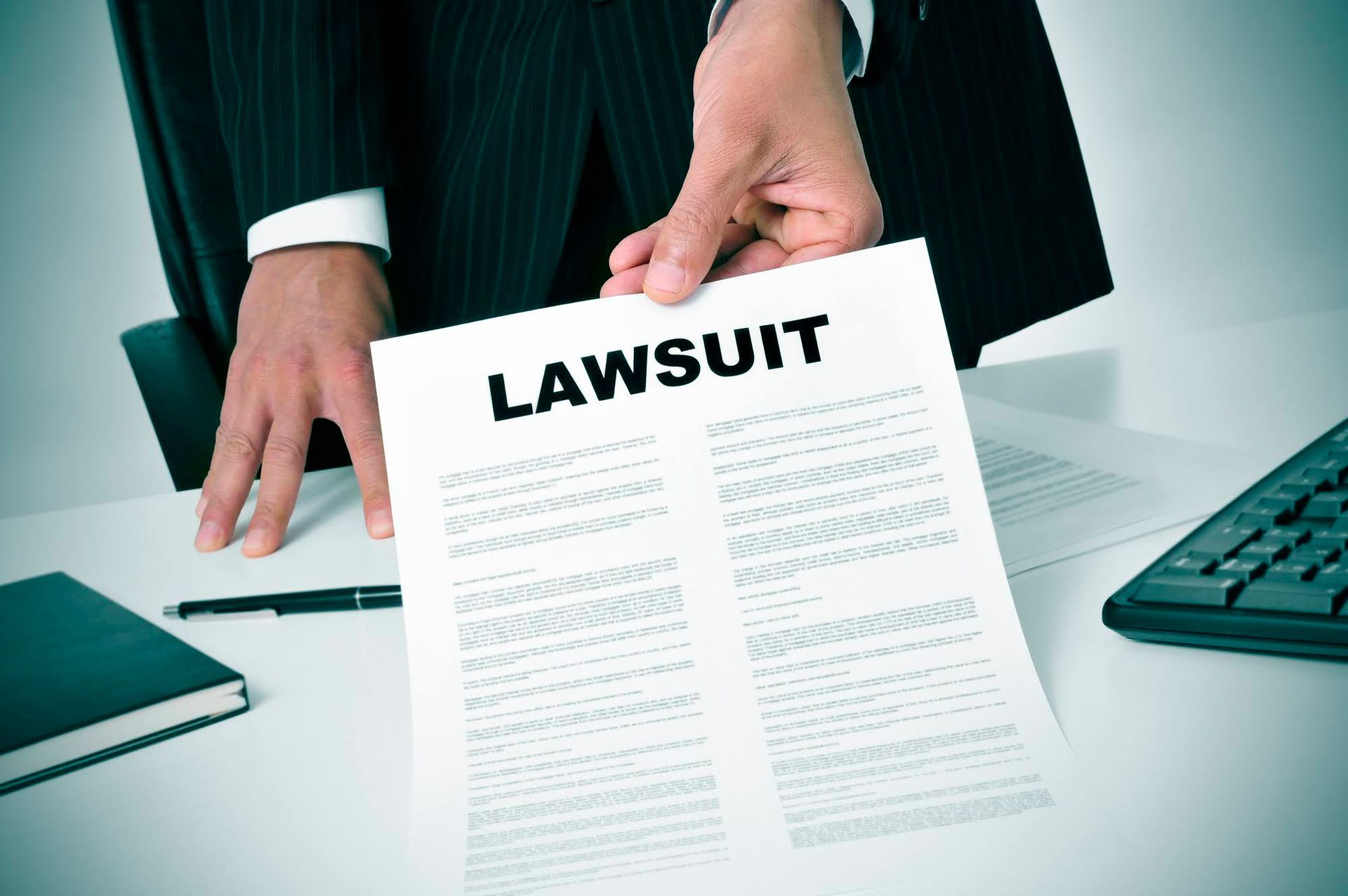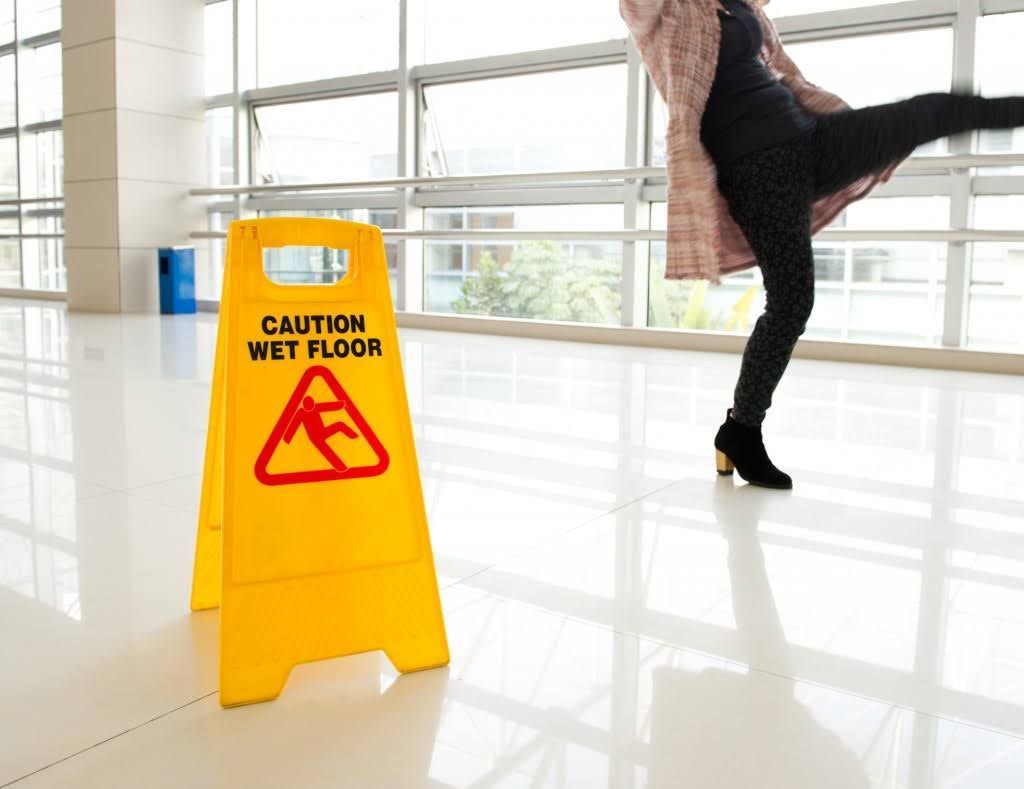Role of Adjusters in Auto Accident Claims

When you file a car wreck or collision claim, you will immediately start dealing with the other driver's insurance company and adjuster(s). It is to your benefit to learn more about the role these adjusters take in these types of cases before your communication begins. Below are some roles of auto insurance adjusters.
Accident Investigations
One of the primary roles of the adjuster is to verify the facts of the accident. The adjuster will carry out some investigations for the verification. For example, the adjuster must confirm:
- The identities of the people involved in the accident
- The identities of the vehicles involved in the accident
- The location and time of the accident
- The cause of the accident
In doing these investigations, the adjuster may:
- Physically inspect your car
- Talk to witnesses
- Visit the accident scene
These investigations are necessary because auto insurance fraud costs the insurance industry a lot of money every year. For example, some people stage accidents and then file baseless accident claims. The adjuster must verify that the accident occurred as you claim.
Liability Determination
The adjuster must also determine who is the liable party. In a third-party claim (you versus the other driver), the other driver’s insurance company can only consider agreeing to resolve your claim if their insured driver is responsible for the accident. In this regard, the adjuster may consider the following:
- Preliminary fault determination according to the police report
- Traffic tickets the police might have issued to those involved in the accident
- The cause of the accident
The adjuster might reject your claim if they suspect that you or a third party was responsible for the accident. For example, consider an accident involving three motorists A, B, and C. If motorist A files a claim against motorist B, the adjuster might reject the claim if they feel that motorist C caused the accident.
Coverage Application Determination
Even if you file a claim against the correct party, the adjuster will only approve your claim if the defendant's policy covers the accident and its particular circumstances. So, the adjuster must review their client's policy before approving your claim. Note that auto insurance coverage excludes some risks. For example, standard auto insurance coverage excludes:
- Business use of the car
- Intentional damages or injuries
- Damages or injuries sustained when racing
- Damages that an excluded driver might cause
Consider an example where a motorist runs a red light and crashes into your driver's door. Once you file your claim, the adjuster finds out that the driver was using their car to deliver their business products to clients. The adjuster might reject your claim if the driver has personal car insurance.
Damages Calculations
If the adjuster determines that you have a valid claim, their next step is to calculate your damages. The adjuster will consider things like:
- Your monetary damages, such as medical bills, lost wages, and cost of car repair
- The strength of your evidence, such as eyewitness testimony
- Your demand and its amount requested
- Typical awards for similar cases
Sometimes, the stronger your case is, the greater your recovery may be. For that reason, it is extremely important that you are able to prove to the adjuster that you understand your claim's value and you can prove what it is.
Settlement Negotiations
Even if the adjuster determines your case is worth a certain amount or within a certain range, don't expect them to offer you that, or any other reasonable amount, right away. The adjuster understands that claim settlement is a negotiation process. In fact, expect the adjuster's counteroffer to be lower than your demand. Arguments made in response to a reasonable demand often include:
- Your injuries and damages are not as serious as you claim
- Some of your injuries were preexisting
- You contributed to your injuries
Again, your best course of action is to refute the adjuster's claim with evidence.
Hopefully, your negotiations with the insurance adjuster will yield the settlement you deserve. Remember, Higinbotham & Higinbotham, PLLC handles these types of situations every day on behalf of its clients so they don’t have to. Contact
us for a free initial consultation to review your case and determine the best way to move forward and produce the greatest benefit for you!!
